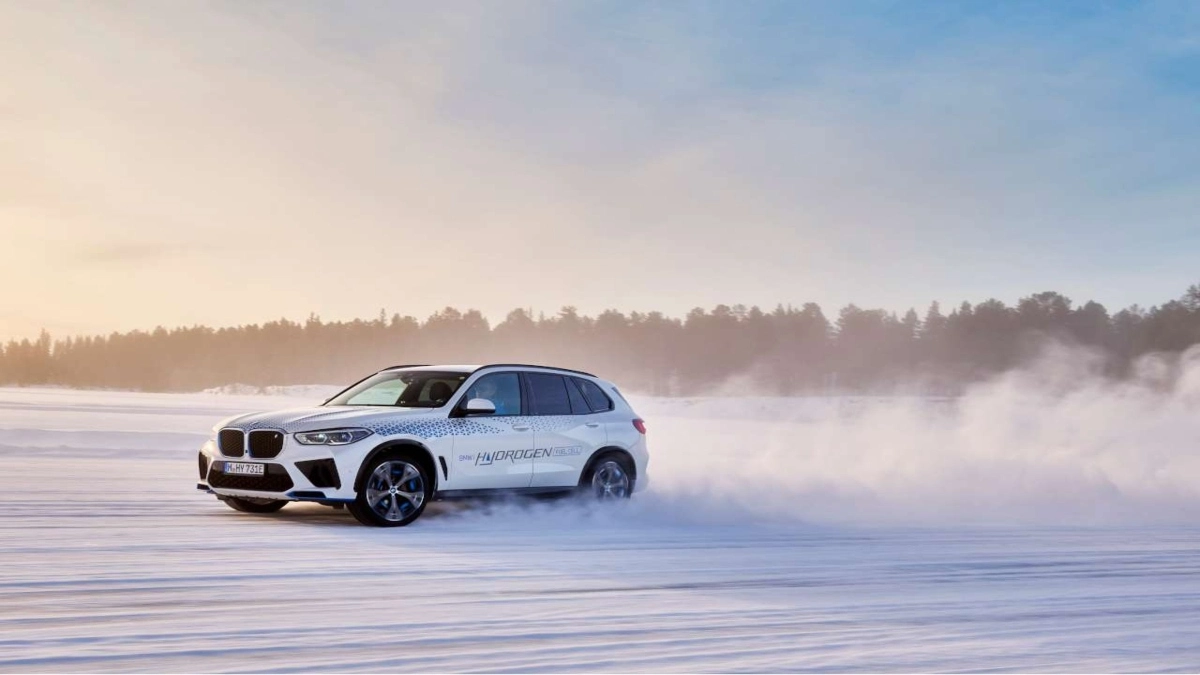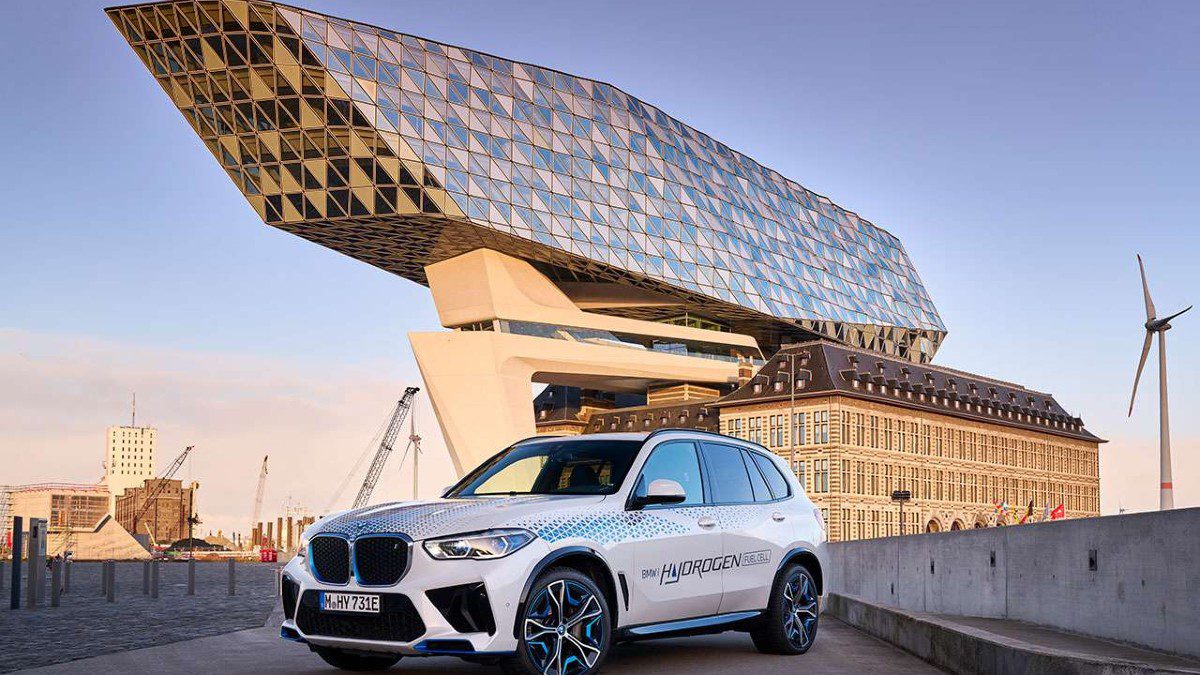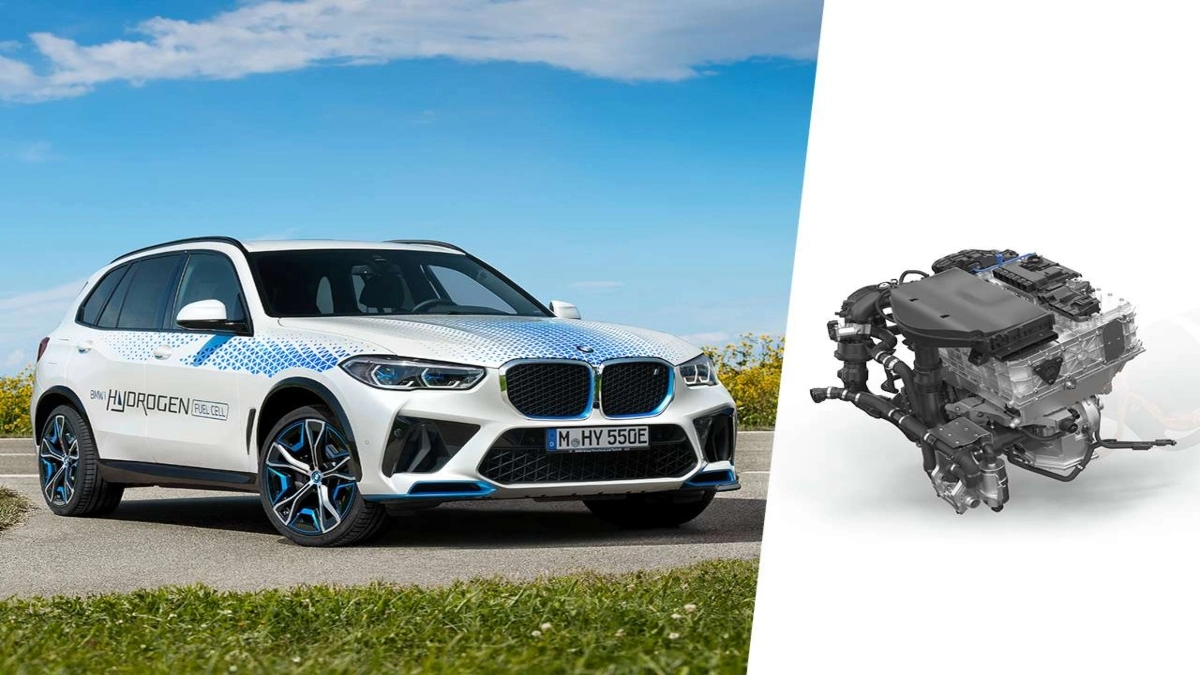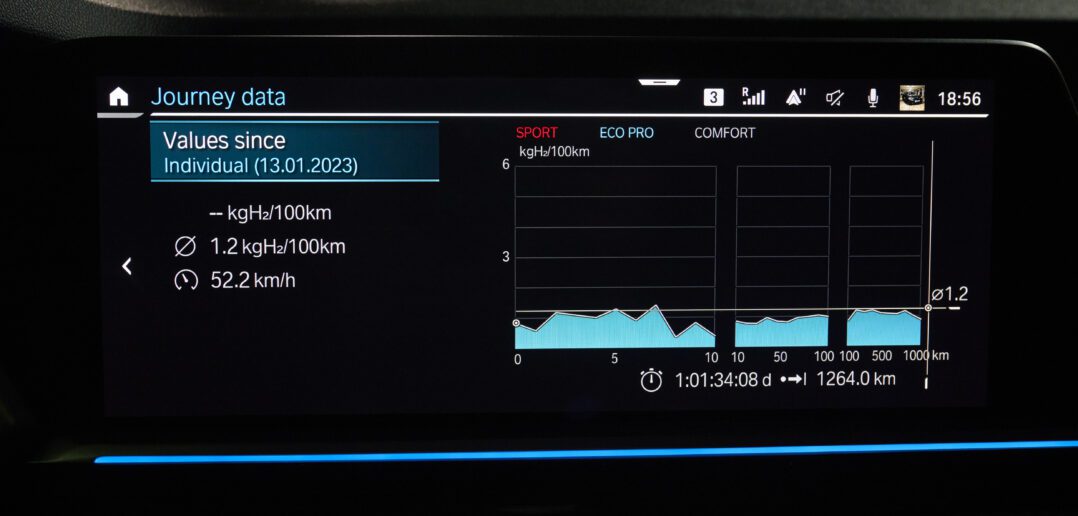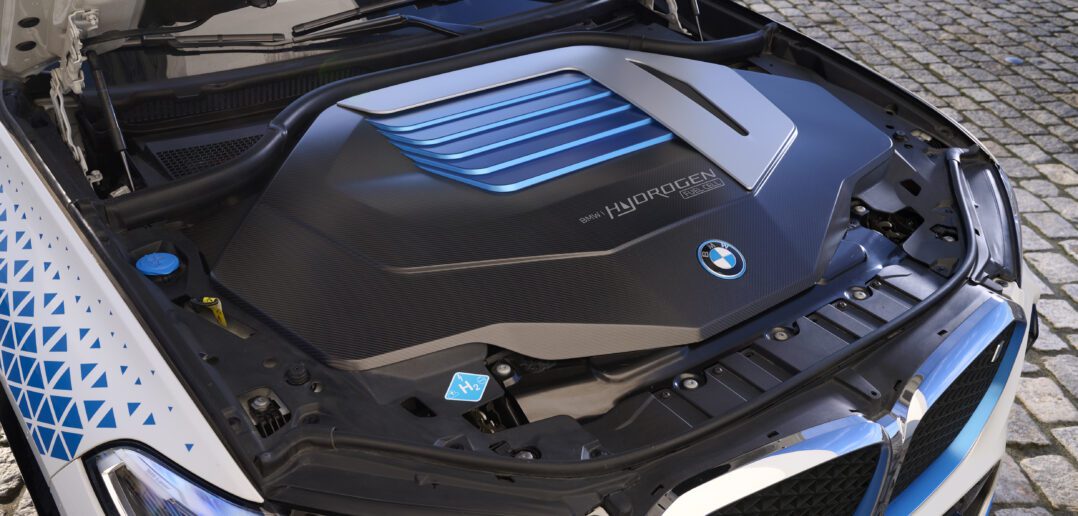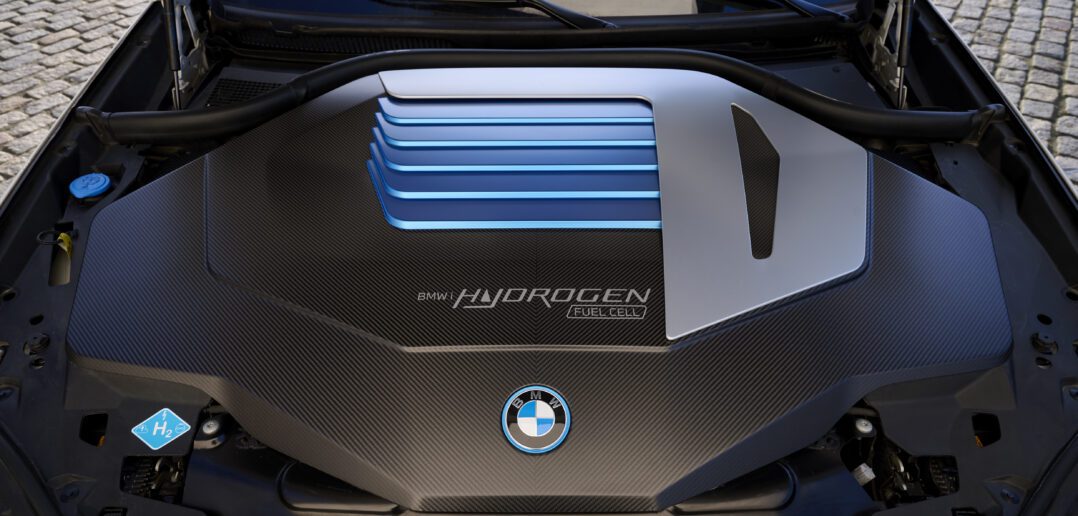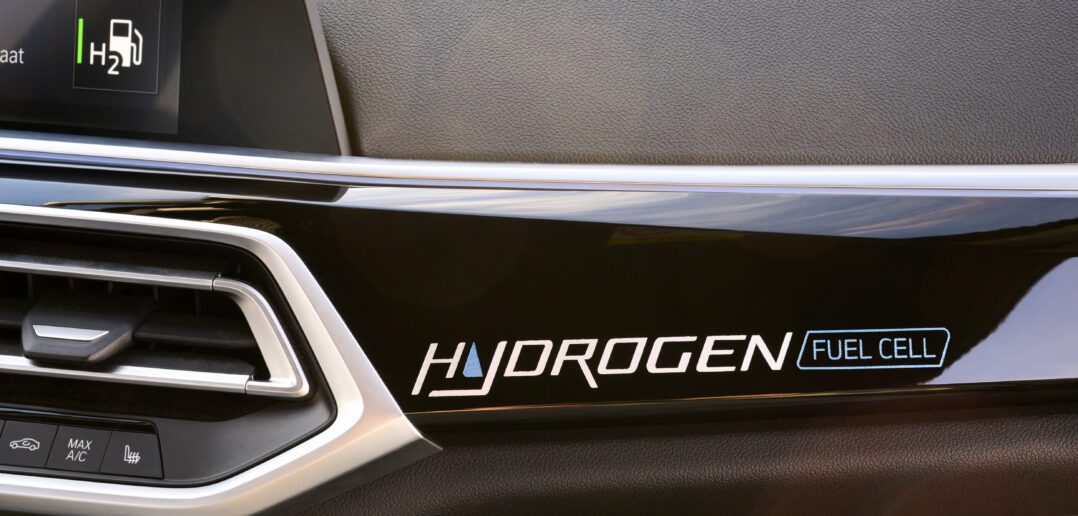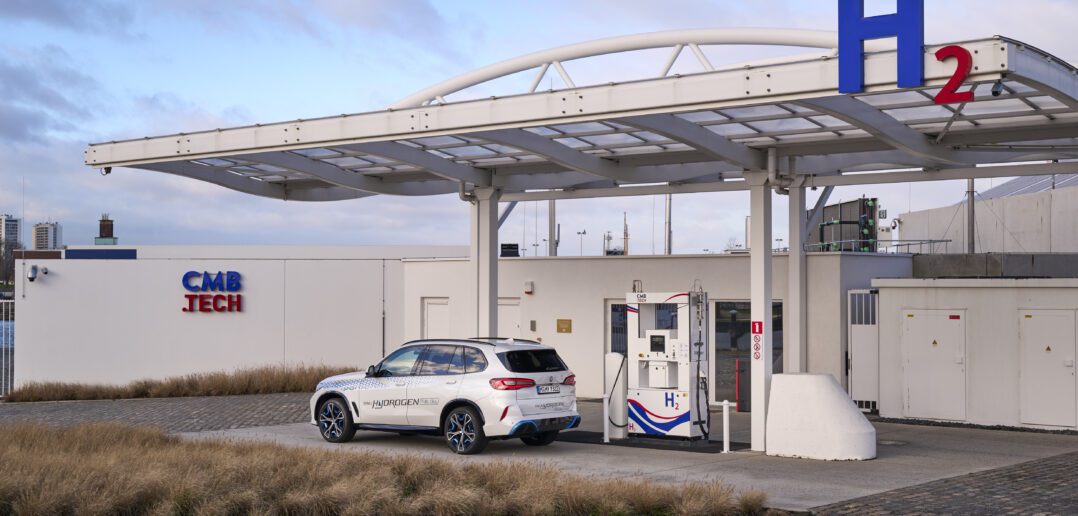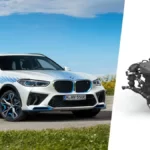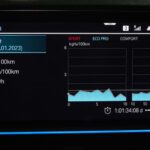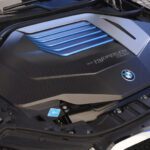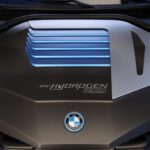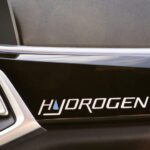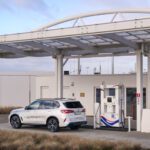The debut of the BMW iX5 Hydrogen marks the end of the waiting period. The pilot fleet will be deployed globally throughout the year for trial and demonstration purposes across diverse target groups. The hydrogen fuel cell system has been exclusively developed and manufactured by BMW.
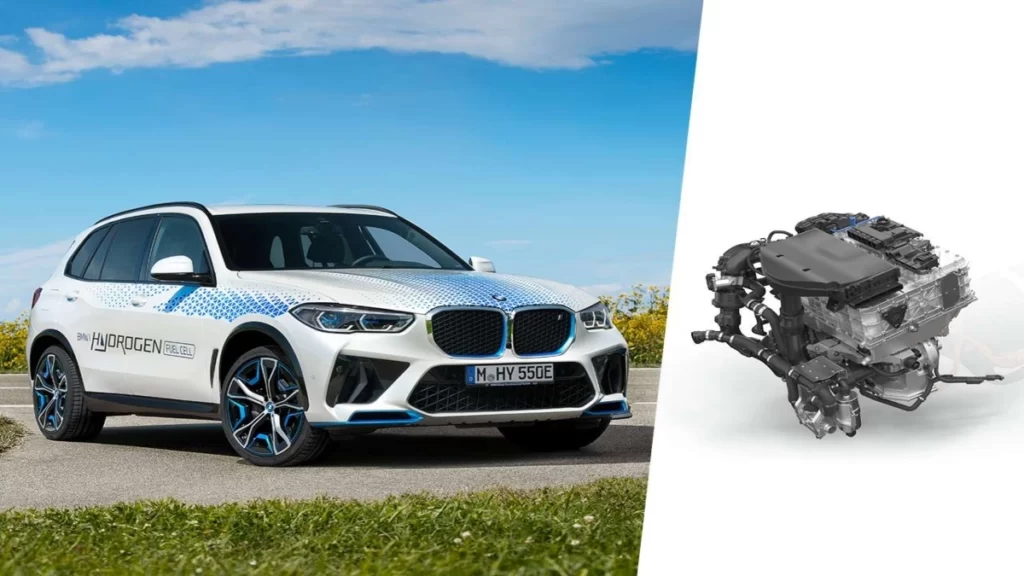
Image Credits: BMW
In the pursuit of zero-emission personal mobility in the future, the BMW Group is deliberately pushing the envelope with the development of hydrogen fuel cell technology.
Located at the Munich Research and Innovation Centre (FIZ), the BMW iX5 Hydrogen is created in the pilot plant by a team of experts in hydrogen technology, vehicle development, and new model assembly, working in tandem to seamlessly integrate the groundbreaking drive and energy storage technology.
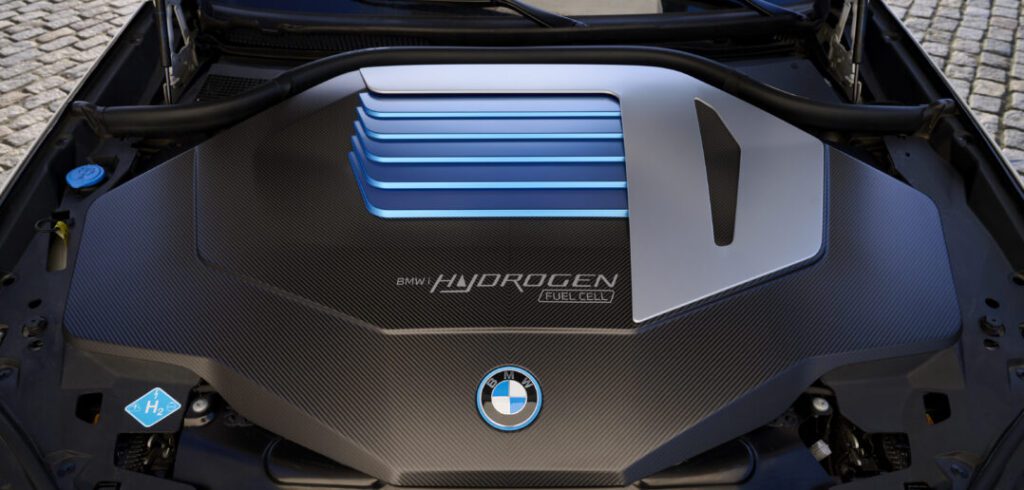
Image Credits: BMW
Oliver Zipse, Chairman of the Board of Management at BMW, highlighted the significance of the groundbreaking propulsion system by stating, “Hydrogen is a versatile energy source with a critical role to play in the energy transition and, as a result, climate protection. We must harness this potential to expedite the transformation of the mobility industry.”
Fuel cell systems: Know all about tech developed by BMW
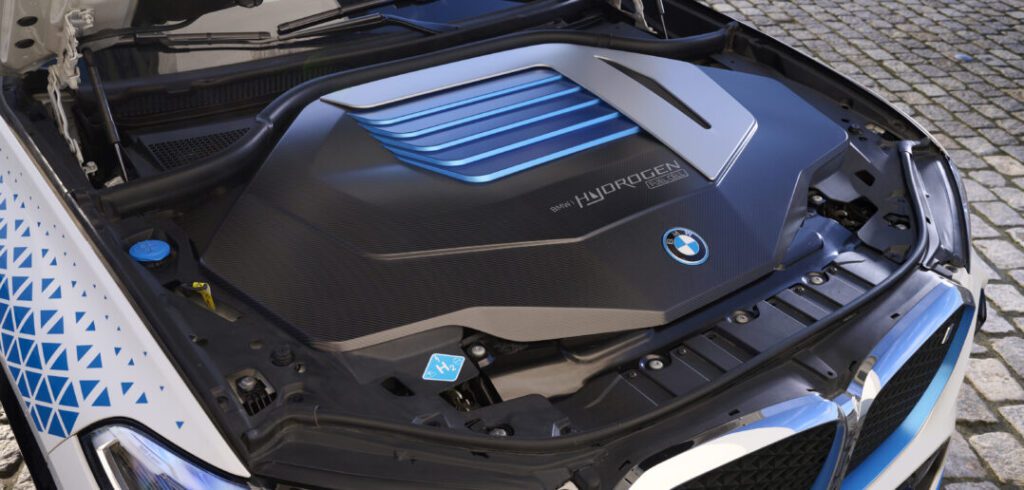
Image Credits: BMW
To complement technology similarities to traditional combustion engines, BMW Group has developed specialized hydrogen components for their innovative fuel cell system. These components include the intercooler, air filter, control units, and sensor technology.
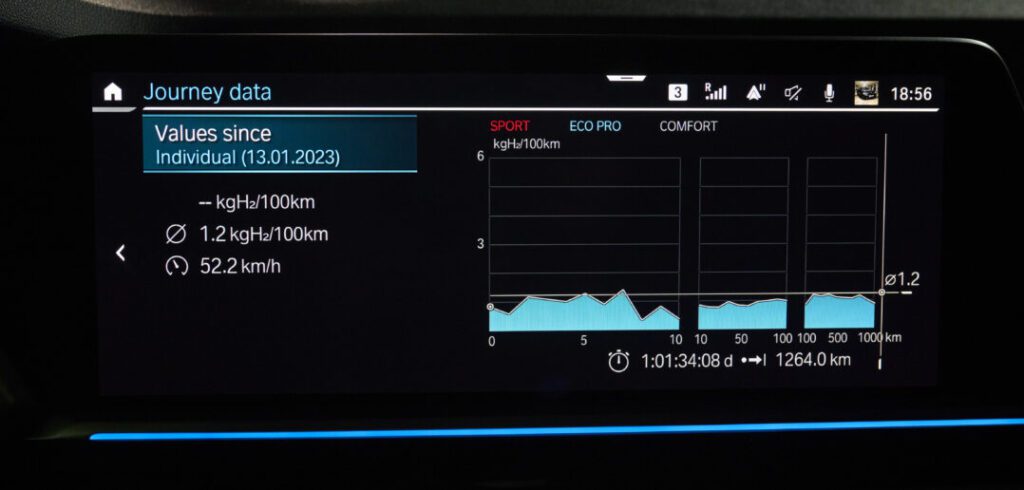
Image Credits: BMW
The BMW Group’s technology functions by prompting a chemical reaction in the fuel cell between the gaseous hydrogen sourced from the tanks and oxygen taken from the surrounding air. Consistent delivery of these two elements to the fuel cell’s membrane is critical to achieving optimal drive efficiency.
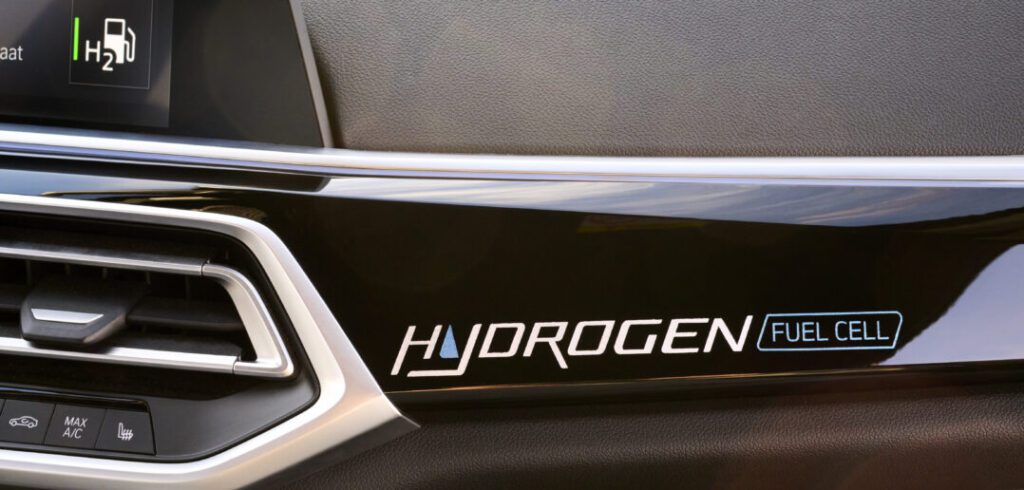
Image Credits: BMW
Individual fuel cells are provided to the Group by the Toyota Motor Corporation. BMW and Toyota have successfully collaborated for several years and have been working together on fuel cell propulsion since 2013.
Rapid Refueling
The fifth-generation BMW eDrive technology incorporates a highly-integrated drive unit on the rear axis, along with a high-performance lithium-ion battery designed explicitly for the BMW iX5 Hydrogen. Together, this powertrain provides a maximum output of 295 kW / 401 hp, allowing for an exceptional driving experience. The electric motor also serves as a generator during both drive and brake phases, recharging the high-performance battery.
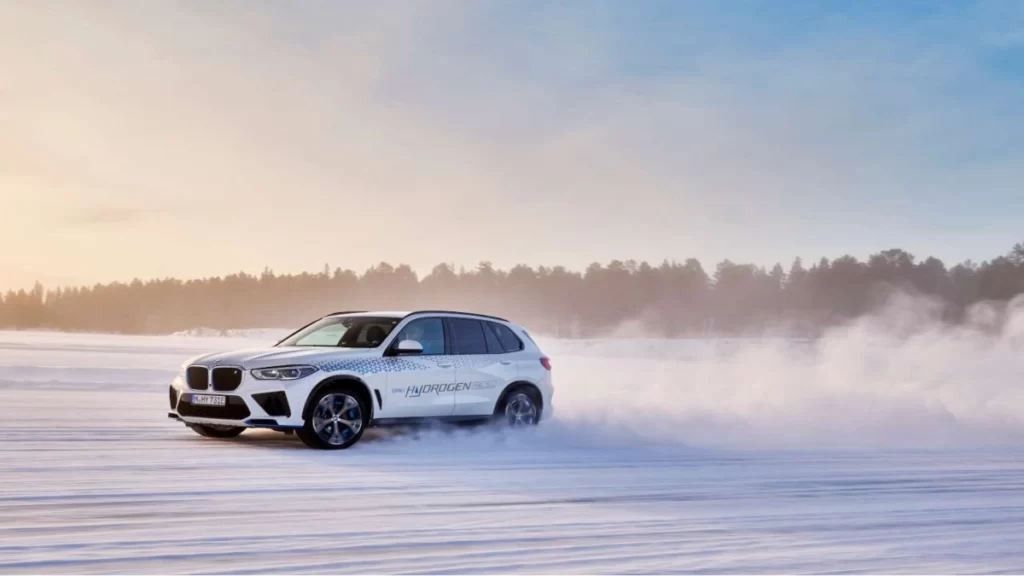
Image Credits: BMW
To supply the fuel cell with the required gaseous hydrogen, the BMW iX5 Hydrogen is equipped with two 700-bar tanks constructed of carbon-fibre-reinforced plastic (CFRP). These tanks can hold up to six kilograms of hydrogen, allowing for a range of 504 km in the WLTP cycle. Refuelling the hydrogen tanks is a quick process, taking only three to four minutes, enabling the BMW iX5 Hydrogen to deliver the exceptional driving pleasure BMW is renowned for, with only a few short stops, even on longer journeys.
Hydrogen as an energy source of the future
The International Energy Agency (IEA) has reported that hydrogen presents substantial potential as a future energy source within the context of global efforts aimed at achieving energy transition.






